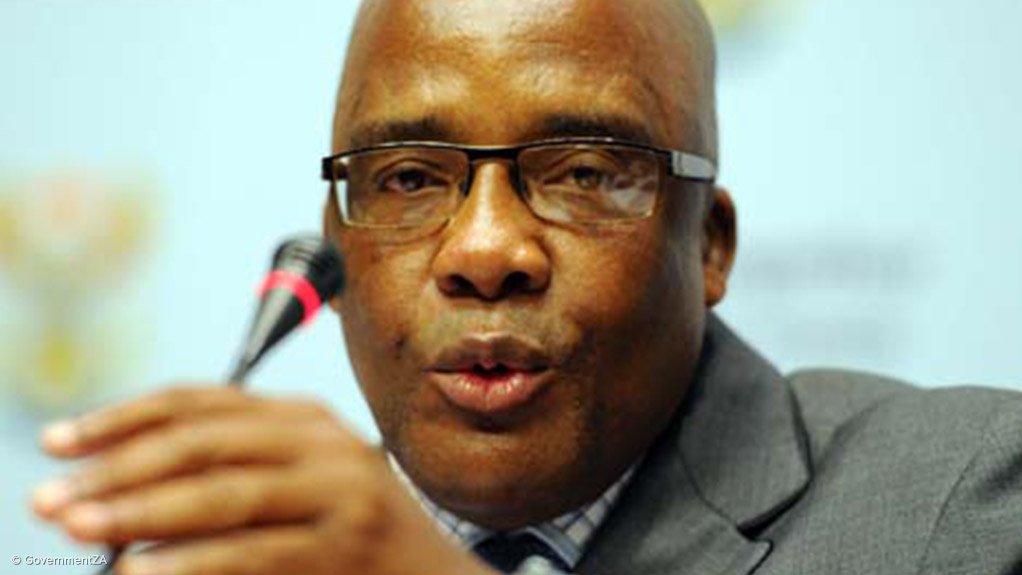/ MEDIA STATEMENT / The content on this page is not written by Polity.org.za, but is supplied by third parties. This content does not constitute news reporting by Polity.org.za.
South Africa commemorates World Stroke Week (28 October - 03 November) to raise awareness about the symptoms of stroke and importance of taking treatment for recovery.
The Minister of Health Dr Aaron Motsoaledi urges families and communities to support people suffering from stroke and encourages patients to adhere to treatment and attend rehabilitation sessions in order to recuperate.
Strokes are increasingly becoming a public health challenge because they cause death and disability globally. According to the Heart and Stroke Foundation South Africa, strokes claim nearly 70 lives daily in South Africa.
Strokes occur when the blood supply to part of the brain is cut off, and without blood which carries oxygen brain cells can be damaged or die. Depending on which part of the brain is affected and how quickly the person is treated, the effects of stroke can be devastating to a person’s body, mobility, speech, as well as how they think and feel.
When patients are cared for, supported to adhere to treatment and attend rehabilitation programmes, the negative impact of strokes can be minimised.
“Stroke can happen to anyone at any age, and its recovery is a gradual and demanding process, but family and community support is key for patients to recover hence care from people around one is so important”, said Minister Motsoaledi.
Like other non-communicable diseases, many strokes can be prevented through healthy lifestyle changes and taking control of health conditions that raise your risk for stroke. These include maintaining a healthy weight, quitting smoking, reducing alcohol intake, making the right food choices (such as reducing fatty, salty and sugary food intake in favour of vegetables and fruits), daily physical activity and managing daily stress.
Stroke is usually not painful, hence patients may easily ignore the symptoms and not seek medical attention in the hope that they will improve. However, common symptoms of a stroke include sudden weakness or numbness in face, arm or leg; loss of speech, difficulty speaking or understanding speech; loss of vision; severe or unusual headache; dizziness and trouble with walking.
All patients with stroke need to be stabilised as soon as possible while seeking urgent medical assistance.
Issued by GCIS on behalf of the Department of Health
EMAIL THIS ARTICLE SAVE THIS ARTICLE ARTICLE ENQUIRY
To subscribe email subscriptions@creamermedia.co.za or click here
To advertise email advertising@creamermedia.co.za or click here











